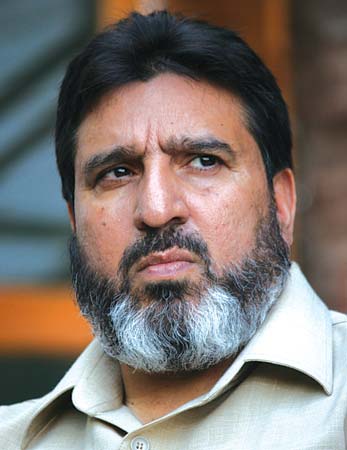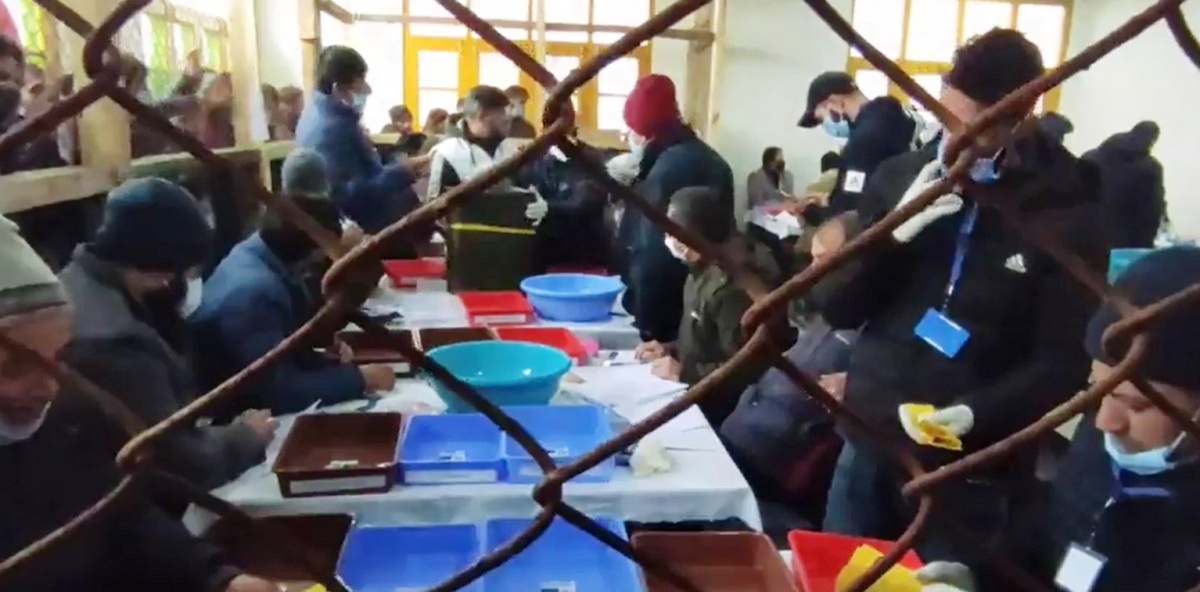SRINAGAR: During the ongoing hearing of the Article 370 cases, the Centre sought to allay concerns by reiterating that it has no intentions of altering the special provisions applicable to the North-Eastern states under the Constitution.
Solicitor General Tushar Mehta conveyed this stance in response to advocate Manish Tewari’s concerns about the potential abrogation of Article 371, similar to Article 370’s revocation, which granted special status to Jammu and Kashmir.
“I have instructions to say this,” Mehta told the Constitution Bench. “We must understand the difference between temporary provision, which is Article 370, and special provisions with regards to the North-East. The Central Government has no intention to touch any part which gives special provisions to the North-East and other regions.”
Tewari raised his apprehensions while appearing before a Constitution bench led by Chief Justice of India DY Chandrachud, which was addressing petitions challenging the abrogation of Article 370 and the subsequent division of Jammu and Kashmir into Union Territories.
Mehta clarified the distinction between the temporary nature of Article 370 and the special provisions related to the North-East. He emphasised that the Central Government has no intentions of amending the parts of the Constitution that grant special provisions to the North-Eastern region or other areas.
Mehta noted that Tewari’s concerns had the potential to cause unnecessary confusion and asserted that there is no reason for such apprehension. Following Mehta’s statement, the Supreme Court observed that the reference to the Constitution Bench was confined to Article 370.
Tewari pointed out the similarity between the underlying principles of autonomy in Article 371 and Article 370, even though the issue of Article 371 was not before the court. Mehta intervened to focus the discussion solely on Article 370, a temporary provision for Jammu and Kashmir, and assured that there is no intention to create any apprehension.
Provisions under Article 371 of the Constitution protect tribal communities and cultures in the states of the North East, primarily Mizoram, Nagaland and parts of Assam, Manipur and Meghalaya. They also allow decentralised governance, with a certain degree of administrative autonomy.
The court differentiated between Article 370 and 371, with Article 370 being considered temporary and the broader impact of the abrogation being a concern for the court. However, the bench emphasised that specific apprehensions about the North-East should not be raised, especially since the Centre had clarified its stance.
In conclusion, the Centre’s statement during the Supreme Court hearing assured that there are no plans to alter the special provisions applicable to the North-Eastern states, and the court disposed of the application that had raised concerns in this regard.















